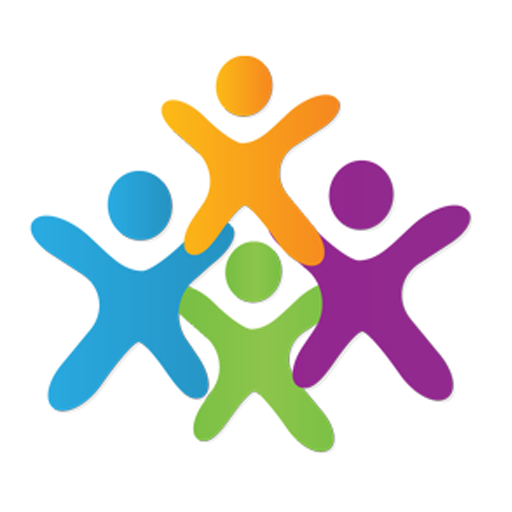Computer Science
Key Stage 3 Overview
In Computer Science we aim to support our students to become active members of a rapidly changing and exciting future digital world. We develop students’ computational thinking and programming skills to enable them to have a positive approach to real-world problems. Our broad curriculum allows students to develop transferable skills in digital literacy and computer science, including the ability to program in various languages (block-based and text-based), learning about a wide range of hardware and software and devices. We encourage our students to challenge themselves to create high-quality digital products and take pride in demonstrating their skills and creativity. Our teaching encourages students to consider their digital footprint, the impact of their digital presence and the robustness and accuracy of information found online. We encourage a culture of resilience where learning from failure is the key to success.
In Years 7, 8 and 9 students have one lesson in Computer Science every other week and are taught in groups of similar ability. Lessons follow the Key Stage 3 National Curriculum and learning in Computer Science is split into four distinctive pathways:
Cyber Security
Students develop an understanding of technological threats including online vulnerabilities, data protection and the methods of cyber security.
Computational Thinking and Programming
Throughout KS3 students develop their computational thinking skills by learning about key programming concepts through Logo, Scratch, Python, HTML and SQL. Students are initially introduced to block-based programming languages (Scratch and Kodu) and develop their programming skills by learning python (a text-based programming language). There is a focus on computational abstractions and algorithms and students will develop logical reasoning skills and an understanding of some of the key algorithms. Students will develop their evaluation skills by analysing the efficiency of algorithms and solutions to computational problems. They will consider data types and how information is stored within different data structures. Robotics and physical computing are used to put their learning into context and real world abstractions. Students will learn about advancements in modern computer science and will programme artificial intelligence.
Theory
The theory part of the Key Stage 3 Computer Science curriculum works hand in hand with computational thinking and programming. Students will look at variables and then consider memory, storage and how data is stored on a computer. One of the key units that students’ study is Computer Systems which gives an understanding of hardware, software and computer components that make up computer systems. They will be introduced to Boolean logic and data representation will be able to complete simple conversions between binary and decimal. Students will also study networking and databases and how these are used in modern society..
Digital Literacy
This part of the course not only prepares students for the Creative iMedia GCSE course but also supports students’ digital literacy skills in other subjects. They will complete a series of digitally creative projects including graphics to select, reuse and repurpose digital artefacts for a given audience. Students will have to select appropriate software packages and manage mini-projects through the different stages of the product life cycle: analysis, design, creation, testing and evaluation. This is taught in discrete units of work and reinforced throughout the rest of the curriculum.
Online Safety, Digital Wellbeing and Resilience.
Throughout all units of work, students develop their understanding of their digital footprints and focus on ensuring that students are able to use technology safely, responsibly, respectfully and securely. Students consider online privacy and their digital identity. There is a focus on recognising inappropriate content, conduct and contact online and a focus on how to report concerns online. Students also consider their digital wellbeing and how to improve their digital resilience.








